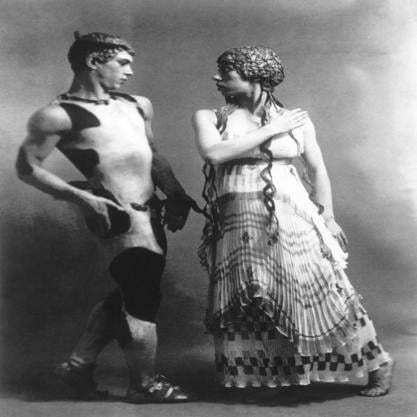Article
Free Verse By Munro, Niall
Article
Free verse is a technique of poetic composition that was employed and discussed by poets and critics during the modernist period. Exemplified by a disregard for regular metre and rhyme, free verse came into English poetry via two main routes: the work of the American poet Walt Whitman, and late nineteenth-century French Symbolist poetry. Although not precisely equivalent, the French term vers libre began to be used interchangeably with free verse in the early 1910s when members of the Imagist movement began to advocate its use to develop an aesthetic that shifted verse written in English away from the Victorian poetry they considered hackneyed and full of unnecessary words. The movement toward free verse had a tremendous influence on English-language poetry throughout the modernist period and beyond, even though, by the 1920s and 30s, some of the mode’s earliest advocates (including Ezra Pound and T. S. Eliot) were criticizing what they saw as a decline in the quality of poems written in free verse, and urging a return to the more formal features of rhyme and regular lineation.



